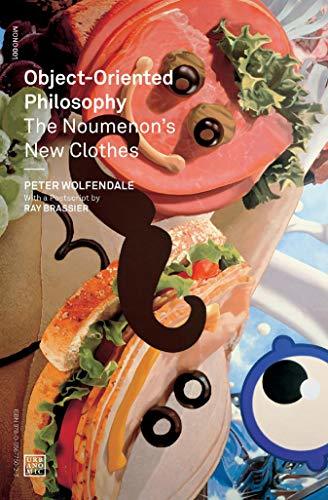What do you think?
Rate this book


How does the patience and rigour of philosophical explanation fare when confronted with an irrepressible desire to commune with the object and to escape the subjective perplexities of reference, meaning, and sense?
Moving beyond the hype and the inflated claims made for “Object-Oriented” thought, Peter Wolfendale considers its emergence in the light of the intertwined legacies of twentieth-century analytic and Continental traditions.
Both a remarkably clear explication of the tenets of OOP and an acute critique of the movement's ramifications for philosophy today, Object-Oriented Philosophy is a major engagement with one of the most prevalent trends in recent philosophy.
464 pages, Kindle Edition
First published October 31, 2014